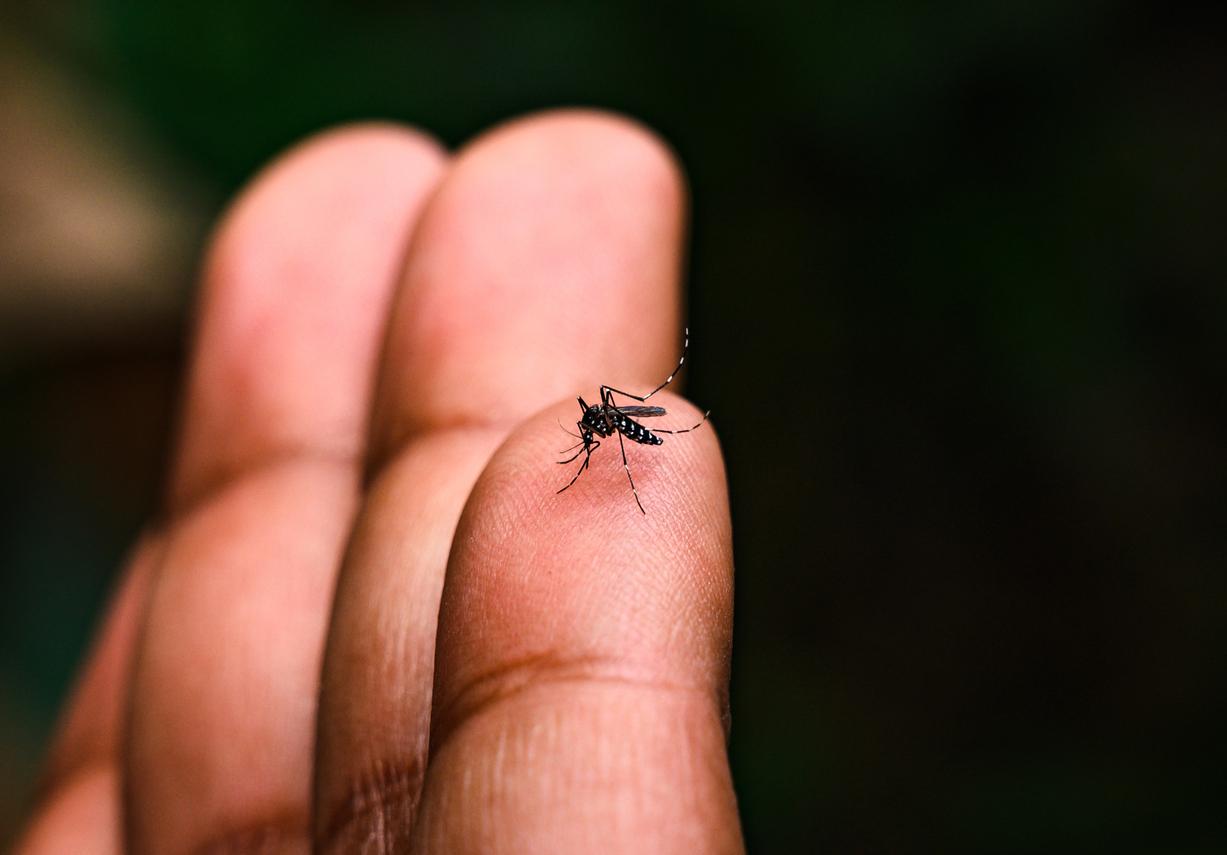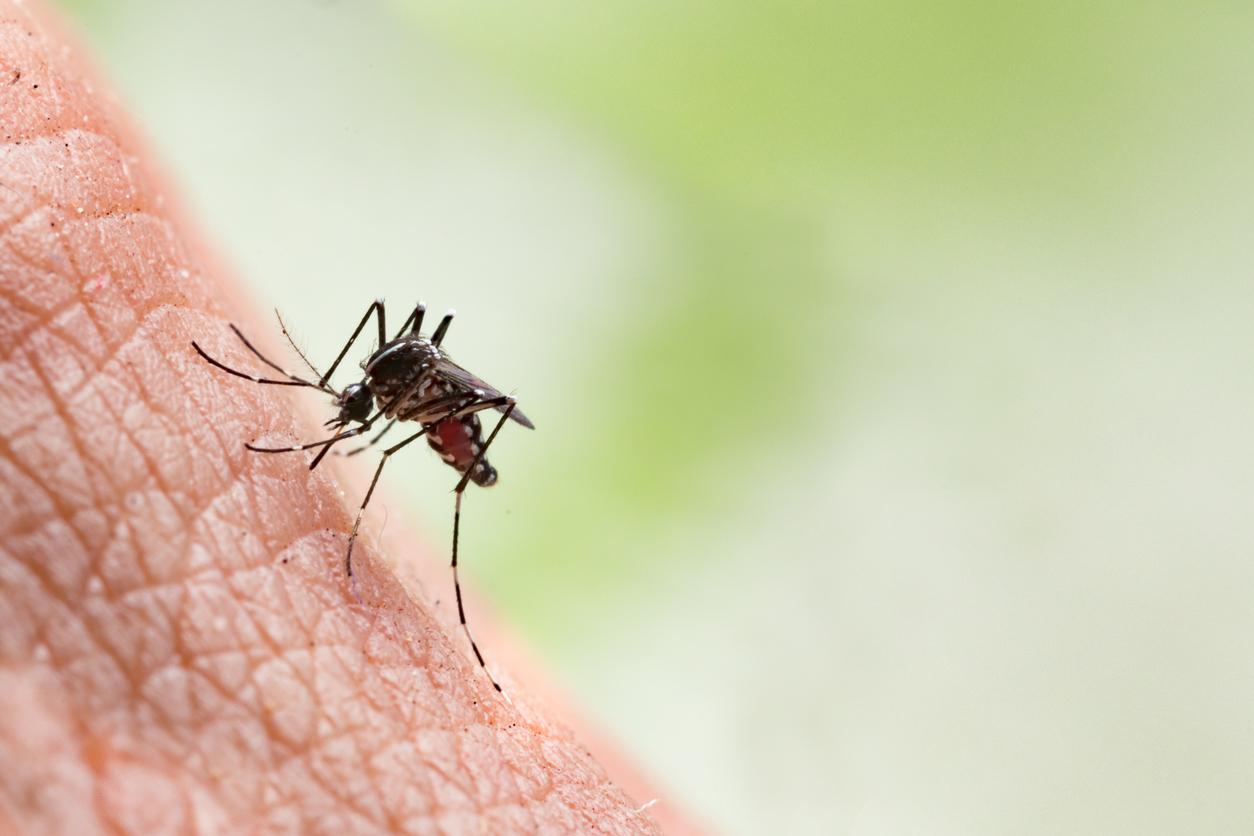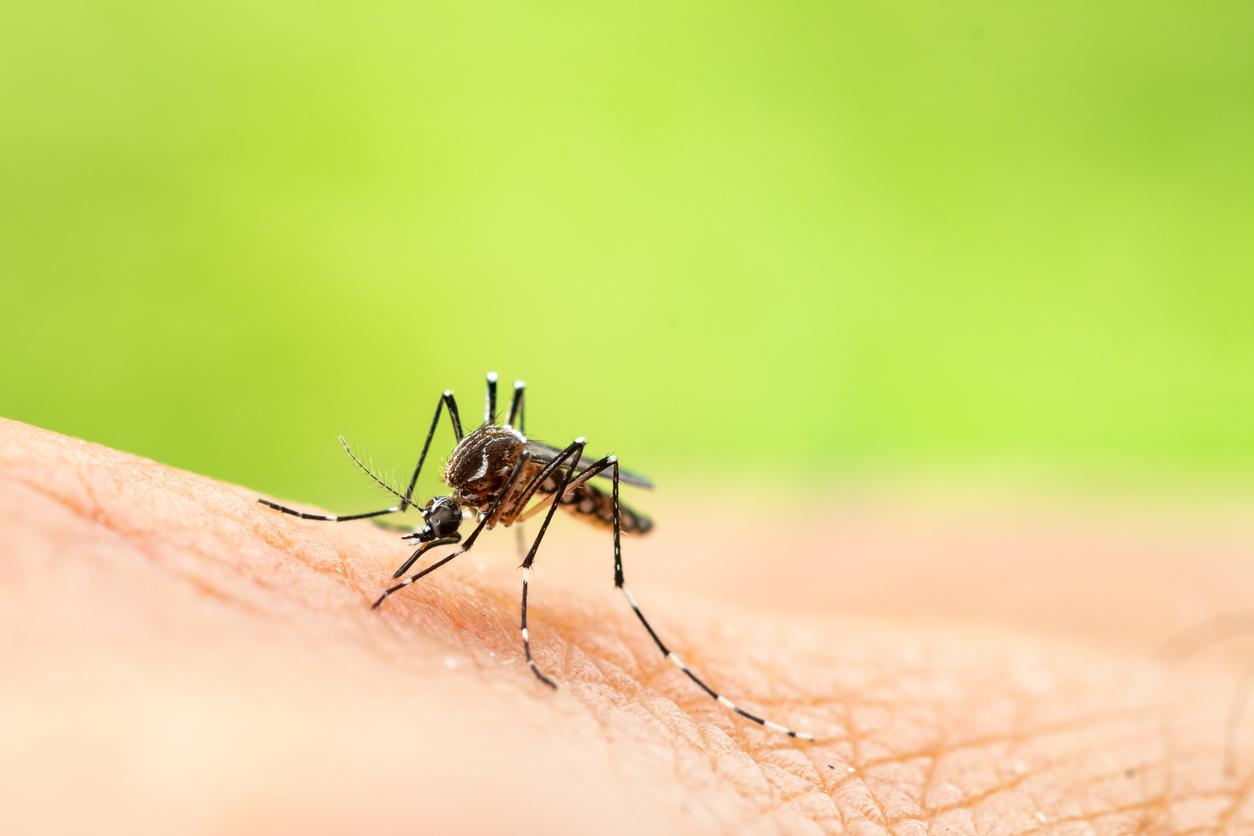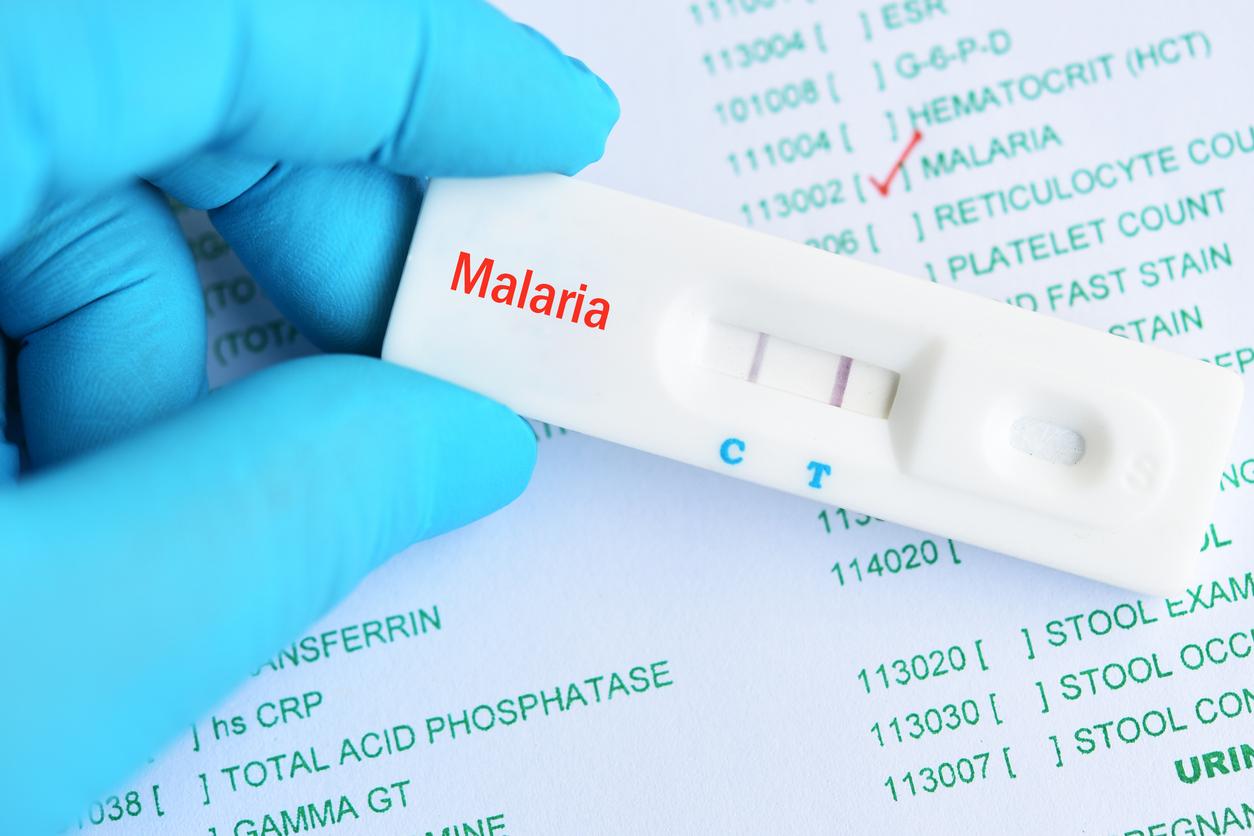A first antimalarial vaccine has just been approved by the World Health Organization, which calls for its massive deployment among children living in sub-Saharan Africa and in areas at risk.
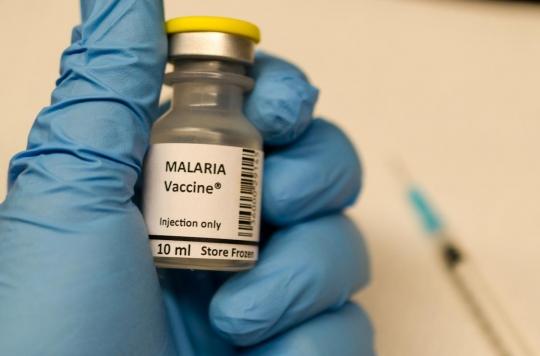
- The vaccine works against the deadliest parasite, Plasmodium falciparum, which is transmitted by mosquitoes.
- When given in 4 doses, it prevents 4 out of 10 cases of malaria, and 3 out of 10 cases of severe, life-threatening malaria.
- Other vaccines are under development and raise hopes of limiting the disease.
This is a major development that could well save thousands of lives each year. The World Health Organization (WHO) recommended this Wednesday, October 6, the massive deployment of the first vaccine against malaria in children living in sub-Saharan Africa. “It’s a historic momentresponded Dr. Tedros Adhanom Ghebreyesus, Director General of the WHO, in a press release. Long-awaited malaria vaccine for children is a breakthrough for science, child health and the fight against malaria.”
A child dies from #malaria every two minutes.
One death is one too many.???? Today, WHO recommends RTS,S, a groundbreaking malaria vaccine, to reduce child illness & deaths in areas with moderate and high malaria transmission https://t.co/xSk58nTIV1#VaccinesWork pic.twitter.com/mSECLtRhQs
— World Health Organization (WHO) (@WHO) October 6, 2021
A vaccine in 4 doses
Technically, the vaccine works against a parasite, Plasmodium falciparum, which is transmitted by mosquitoes. It is the most pathogenic and deadly parasite globally and the most prevalent in Africa. The vaccine would reduce malaria in its severe form by 30%, while it is responsible for the death of 260,000 children under the age of five each year.
“For centuries, malaria has haunted sub-Saharan Africa, causing immense personal suffering”, said Dr Matshidiso Moeti, WHO Regional Director for Africa. According to the WHO, phase 3 clinical trials have shown that the vaccine, when given in 4 doses, prevents 4 out of 10 cases of malaria, and 3 out of 10 cases of severe, life-threatening malaria.
Other vaccine leads
This vaccine is not new. Since 2019, already, Ghana, Kenya and Malawi have introduced it in selected areas with moderate to severe malaria transmission. Two years after the start of this first full-scale test in the world, 2.3 million doses have been administered.
Behind, other vaccines could soon see the light of day. A candidate vaccine developed by the University of Oxford, Matrix-M, raised hopes in April, showing a so far unmatched efficacy of 77% in phase II trials. It could be approved within two years. In July, it was the turn of the German laboratory BioNTech to announce a vaccine using messenger RNA technology.
.









